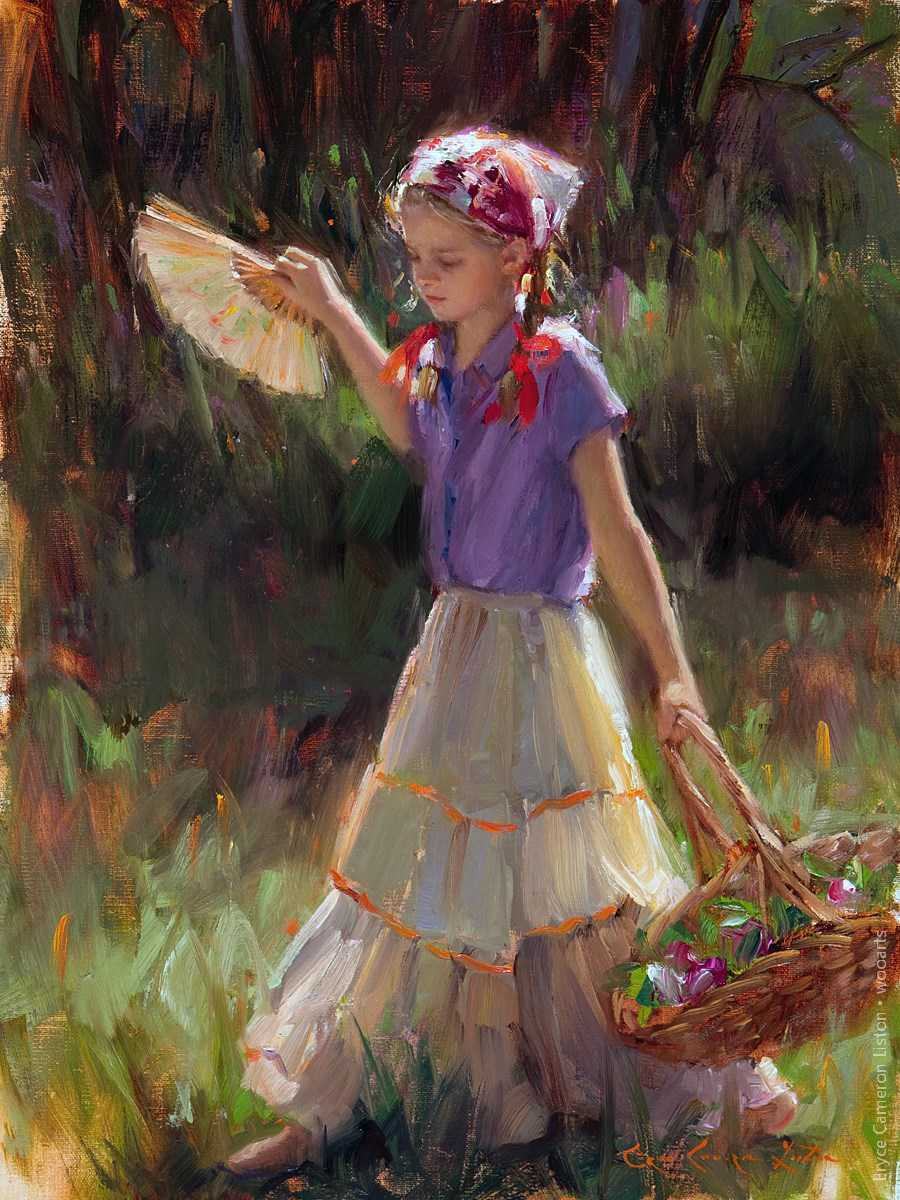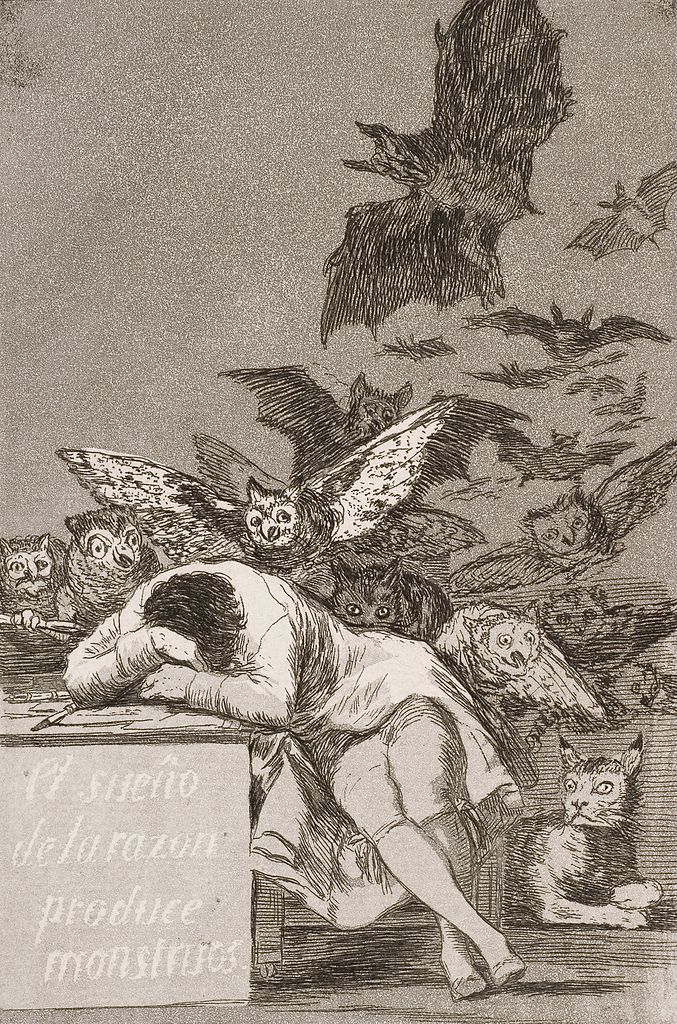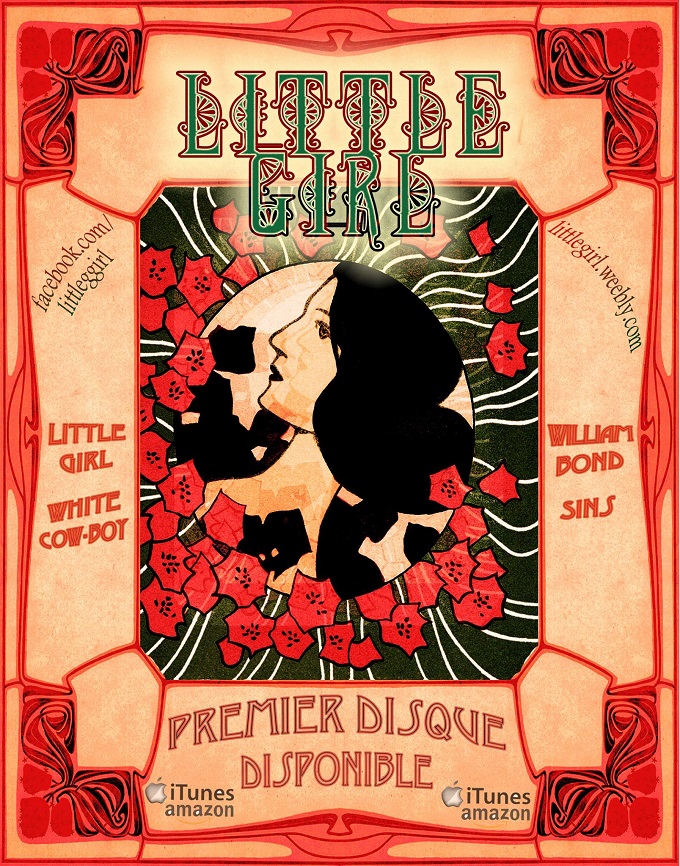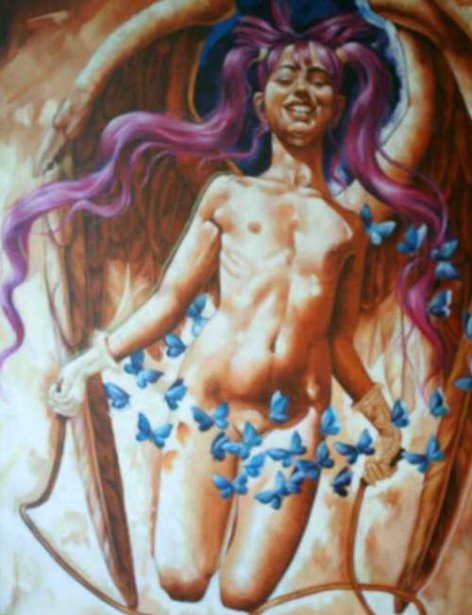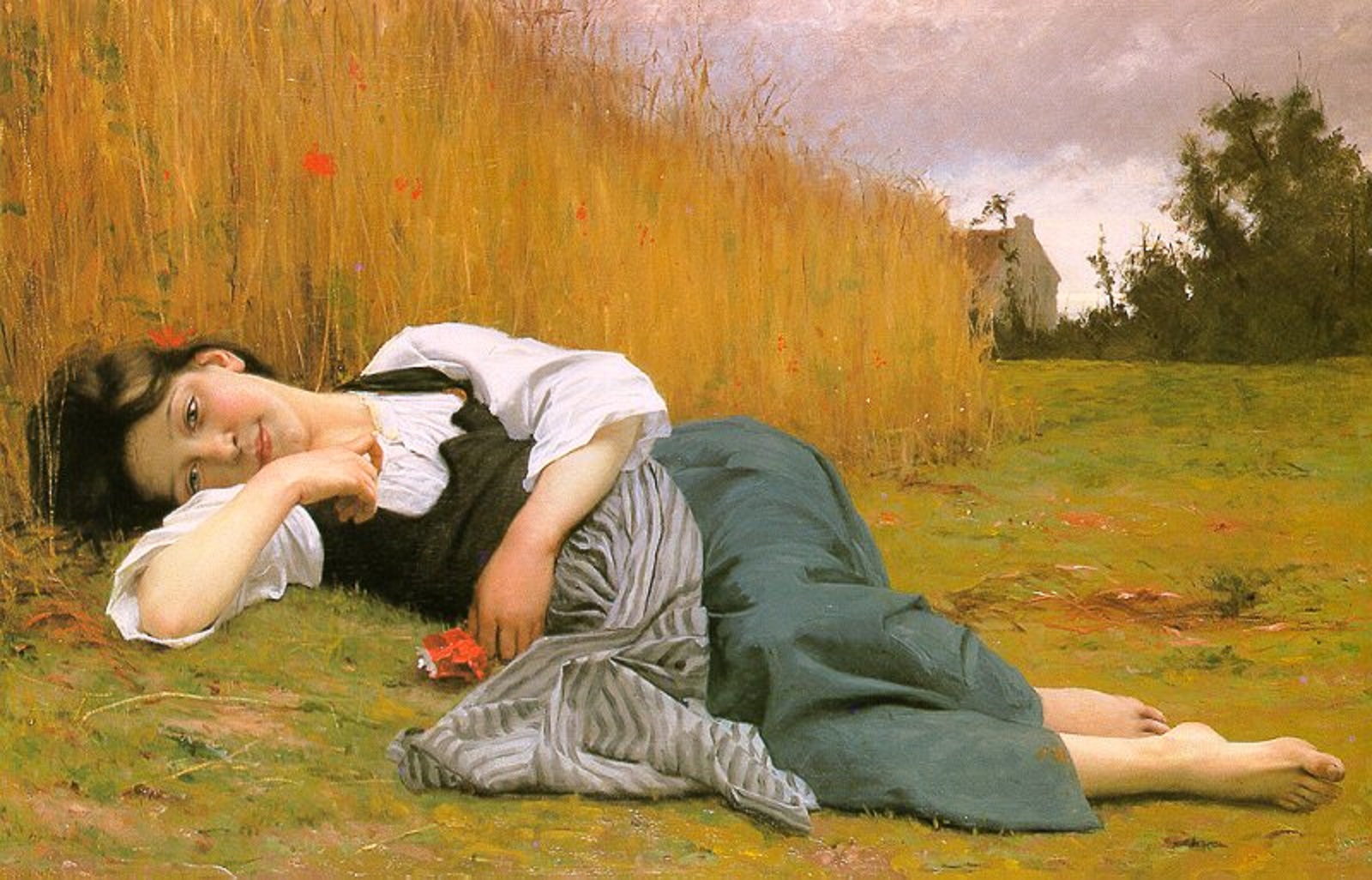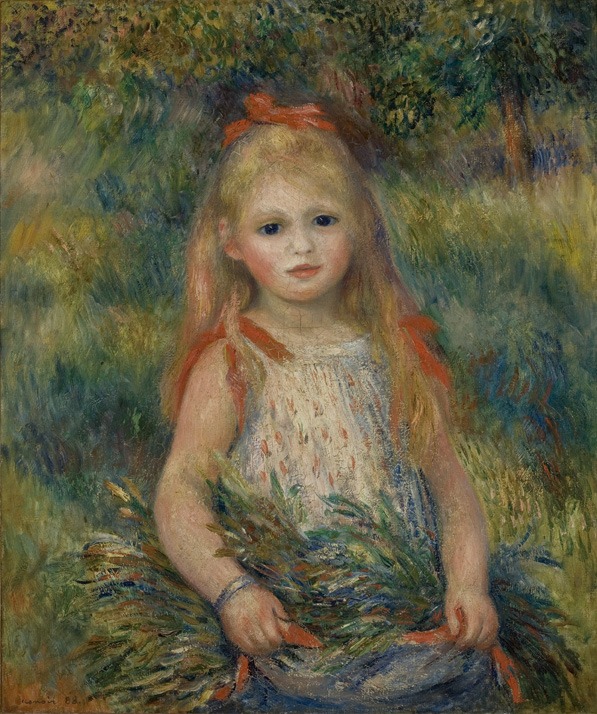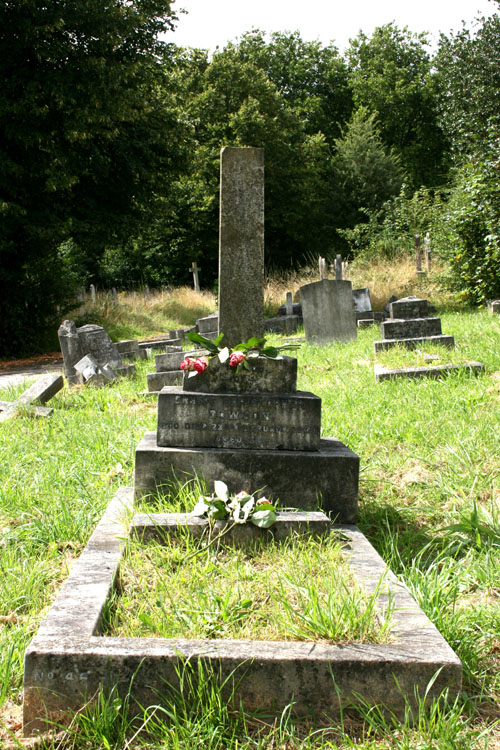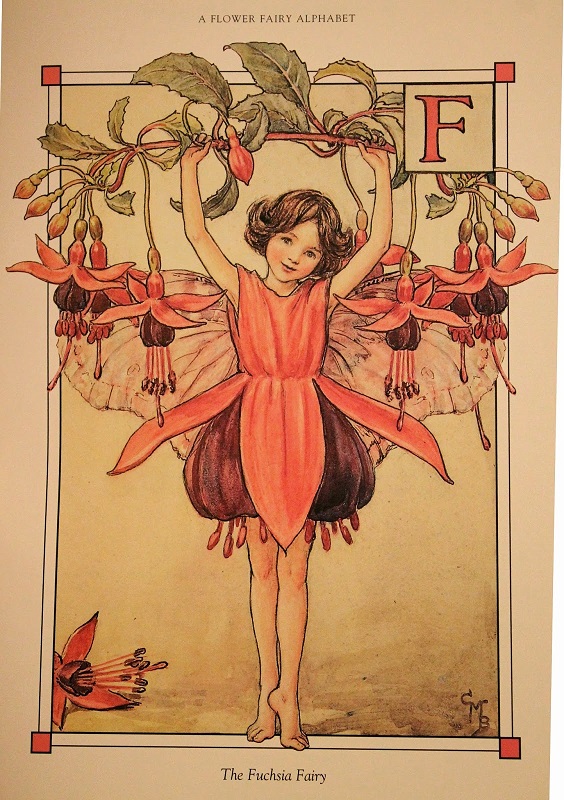
L’amour est vierge, surtout après avoir fait l’amour. D’où l’on voit l’inanité des efforts frénétiques pour empêcher les enfants d’en faire l’expérience, sous prétexte qu’ils seraient innocents : car l’amour représente la chose la plus innocente qui soit. CONTINUE READING / CONTINUER LA LECTURE…


